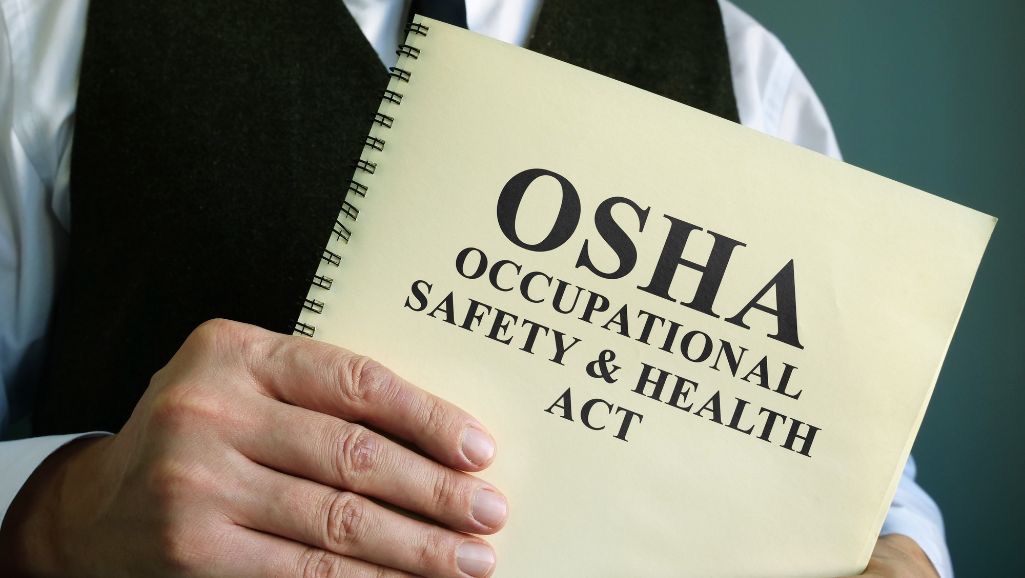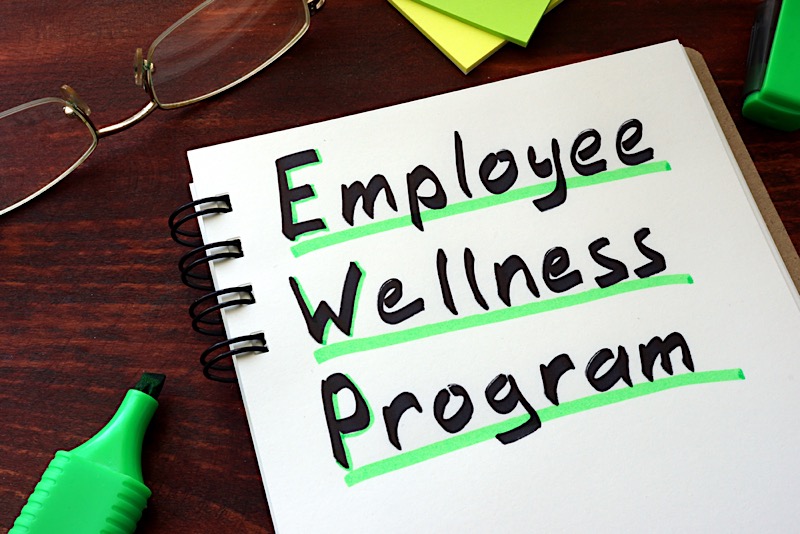 Workers’ Compensation (WC) Insurance and OSHA standards may seem interconnected, but they are two separate entities.
Workers’ Compensation (WC) Insurance and OSHA standards may seem interconnected, but they are two separate entities.
What is OSHA?
The Occupational Safety and Health Administration (OSHA) was created in 1971 as a result of the Occupational Safety and Health Act of 1970. Its purpose is to “assure safe and healthful conditions for workers.”
Based on extensive research, OSHA sets and enforces requirements and standards that employers are required to follow to help keep employees safe. The organization also provides training, outreach, education, and compliance assistance.
OSHA states, “Under the OSHA law, employers have a responsibility to provide a safe workplace.’ Those responsibilities include, but are not limited to, the following:
- Keep records of work-related injuries and illnesses. (Note: Employers with ten or fewer employees and employers in specific low-hazard industries are exempt from this requirement).
- Ensure employees have and use safe tools and equipment and properly maintain this equipment.
- Use color codes, posters, labels, or signs to warn employees of potential hazards.
- Establish or update operating procedures and communicate them so employees follow safety and health requirements.
- Provide safety training in a language and vocabulary workers can understand.
Failure to comply with OSHA’s requirements and standards can lead to fines and even criminal prosecution referrals. The maximum penalty for violations is $15,625 per violation, and the maximum penalty for willful or repeated violations is $156,259 per violation.
What is Workers’ Compensation Insurance?
In Pennsylvania (and many states), Workers’ Compensation Insurance is mandatory, employer-financed, no-fault insurance. It typically covers lost wages, medical expenses, disability payments, and death benefits related to work-related injuries or illness and protects employers from accident-related lawsuits.
If an employer is uninsured when an employee suffers a compensable work-related injury, the employer will be required to reimburse any money paid from the Uninsured Employers Guaranty Fund in relation to the WC claim, including interest, penalties, and fees. Failure to comply can also lead to jail time. If the violation is deemed intentional, the employer could be charged with a felony offense with up to seven years of prison time. Furthermore, employers who fail to provide WC insurance can be sued by the injured employee for injuries related to the job.
Bottom line: OSHA is focused on providing a safe work environment and minimizing the risk of injury, and WC Insurance is focused on providing medical care for employees injured in the workplace.
How Can OSHA Compliance Help Lower Workers’ Comp Costs?
According to OSHA, “In 1970 [when the act was instated], an estimated 14,000 workers were killed on the job – about 38 every day. For 2021, the Bureau of Labor Statistics reports this number fell to about 5,190 or about 14 workers per day. At the same time, U.S. employment has more than doubled to over 143 million workers at more than 10 million worksites. The rate of reported serious workplace injuries and illnesses has also dropped markedly, from 10.9 per 100 workers in 1972 to 2.7 per 100 workers in 2021.”
Because OSHA’s standards and regulations help lower the number of workplace injuries, complying with them helps lower WC costs.
Creating a safer workplace is good business sense. Here are a few of the benefits:
- Happier employees
- Lower employee turnover
- Lower absenteeism
- Fewer lost workdays
- Better company reputation
- Fewer lawsuits
- Increased productivity
- Lower administrative costs
- Lower Workers’ Compensation Insurance costs
Experts have found that businesses see an average return of $4-$6 for every dollar invested into workplace safety programs.
5 Tips to Become OSHA Compliant
- Understand OSHA’s Standards and Regulations
- Utilize OSHA’s Resources
- Develop, Implement, and Enforce a Workplace Safety Program
- Create a Safety Culture
How to Save Even More on Workers’ Compensation Costs
Creating a safer work environment helps reduce the number of WC claims, thereby reducing WC costs. In addition, working with one of the experienced independent agents at American Insuring Group can help you save even more. For a free quote on any of your insurance needs, give us a call today at (800) 947-1270 or (610) 775-3848 or connect with us online.






 Within small to medium-sized businesses (SMBs), the role of
Within small to medium-sized businesses (SMBs), the role of  There are many myths or misconceptions about Pennsylvania
There are many myths or misconceptions about Pennsylvania 
 In most states, including
In most states, including  Most states – including Pennsylvania – require nearly all employers to carry
Most states – including Pennsylvania – require nearly all employers to carry  Good communication is key to lowering
Good communication is key to lowering 



